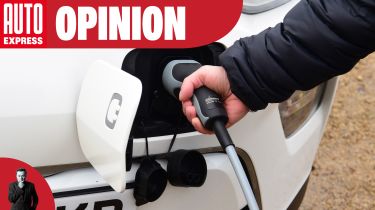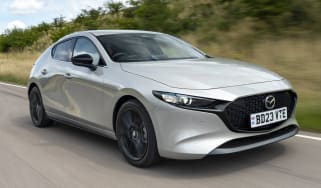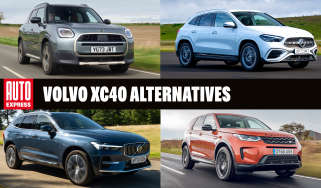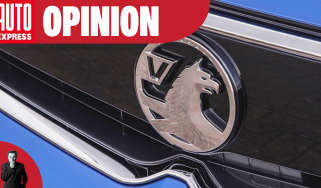Let’s drop the confusing EV, BEV and NEV terminology
Mike Rutherford explains why it's time to axe these new-age labels

No need to panic just yet, but there are only 60 months to go before you’ll be banned from buying a brand-new petrol or diesel car. For around 125 years, retailers have happily and legally sold them to motorists. And, in turn, governments of all colours have collectively made trillions out of them thanks to VAT, road fund licences and other money-for-nothing taxes. But from 1 January 2030, it comes to an end.
This, in the minds of our misguided ruling politicians, is considered progress. Their message to you, dear paying customer, is broadly this: five years from now, you can have any new car you like – as long as it’s an electric vehicle.
Because this promised new law is a kick in the teeth for those of us passionate about freedom and consumer choice (otherwise known as a right to buy what we want, not what government orders us to buy), I loathe it. The proposed January 2030 cut-off point the current Labour Government insists on is uncompromising, premature and possibly undeliverable. How come? Because the General Election that’s guaranteed for 2029 or sooner will almost certainly see the Conservatives and Reform parties (or a coalition of the two) promising to significantly delay the blacklisting of new ICE cars if, er, you’d kindly vote them in a few weeks prior to the would-be ban.
Now that the new-car registration figures for 2024 have been formally announced, we can safely say that it was a reasonably good year for sales of cars with fuel tanks. Around 80 per cent of those sold were petrol, diesel or hybrid, with the remaining 20 or so per cent being electric vehicles (EVs), battery-electric vehicles (BEVs), New Energy Vehicles (NEVs)... or whatever else they’re called these days.
The awkward, sometimes naff terminology is unhelpful. I’ve heard a few friends and colleagues speak proudly of their purchased cars that just happen to be powered by electricity. But they never, ever talk of being, or aspiring to be, EV, BEV or NEV drivers.
These initials/acronyms can do more harm than good for potential owners. They often hinder rather than help the electric car cause. They slow down, rather than speed up, the process of widespread adoption. So can we please drop the EV, BEV and NEV talk that so often confuses and frustrates?
The way to think about and sell, buy, drive and enjoy such products is to keep reminding yourself that they’re cars that just happen to be powered by state-of-the-art electric motors. And as the superbly priced new Renault 5 perfectly proves, a small, cutting-edge, award-winning, pure-electric car can now be bought for about the same price as a similarly sized rival model with an old-school petrol or diesel lump. Now that is progress. Long may it continue.
Is it time to axe these labels? Tell us your opinion in the comments section below...



